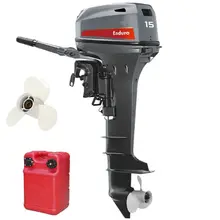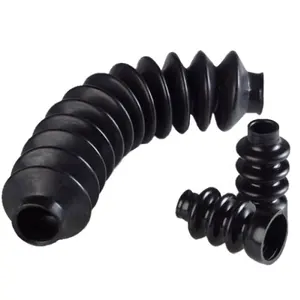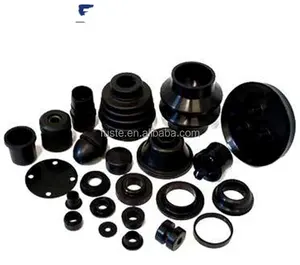Battery energy storage systems (BESS) are becoming increasingly integral to the electric vehicle (EV) charging infrastructure. As the adoption of EVs grows, the demand for efficient and reliable charging solutions escalates. BESS offers a way to enhance the charging process by storing energy and discharging it when the demand for power surpasses the supply capabilities of the electrical grid. This not only supports grid stability but also allows for the utilization of electricity at more economical rates.
These systems can also contribute to reducing demand charges, which are costs incurred based on the highest rate of power consumption within a specific timeframe. By leveraging BESS for peak shaving, the energy is drawn from the storage system during high demand periods, mitigating the peak power draw from the grid and thus lowering the demand charges.
Moreover, BESS can bolster the reliability and resilience of EV charging stations, providing backup power during outages and ensuring continuous operation. This reliability is crucial, particularly in emergency situations where functioning EV charging infrastructure is vital.
In terms of sustainability, BESS facilitates increased use of renewable energy by storing surplus energy from sources like solar or wind, and later using it to power EV charging stations. This helps in reducing the carbon footprint of EV charging and aligns with global efforts to achieve Net-Zero targets.
Lastly, the integration of BESS with EV charging stations can improve overall efficiency by minimizing transmission losses and optimizing the charging process, making it more convenient for users and enabling charging in areas with limited grid access.













































 浙公网安备 33010002000092号
浙公网安备 33010002000092号 浙B2-20120091-4
浙B2-20120091-4